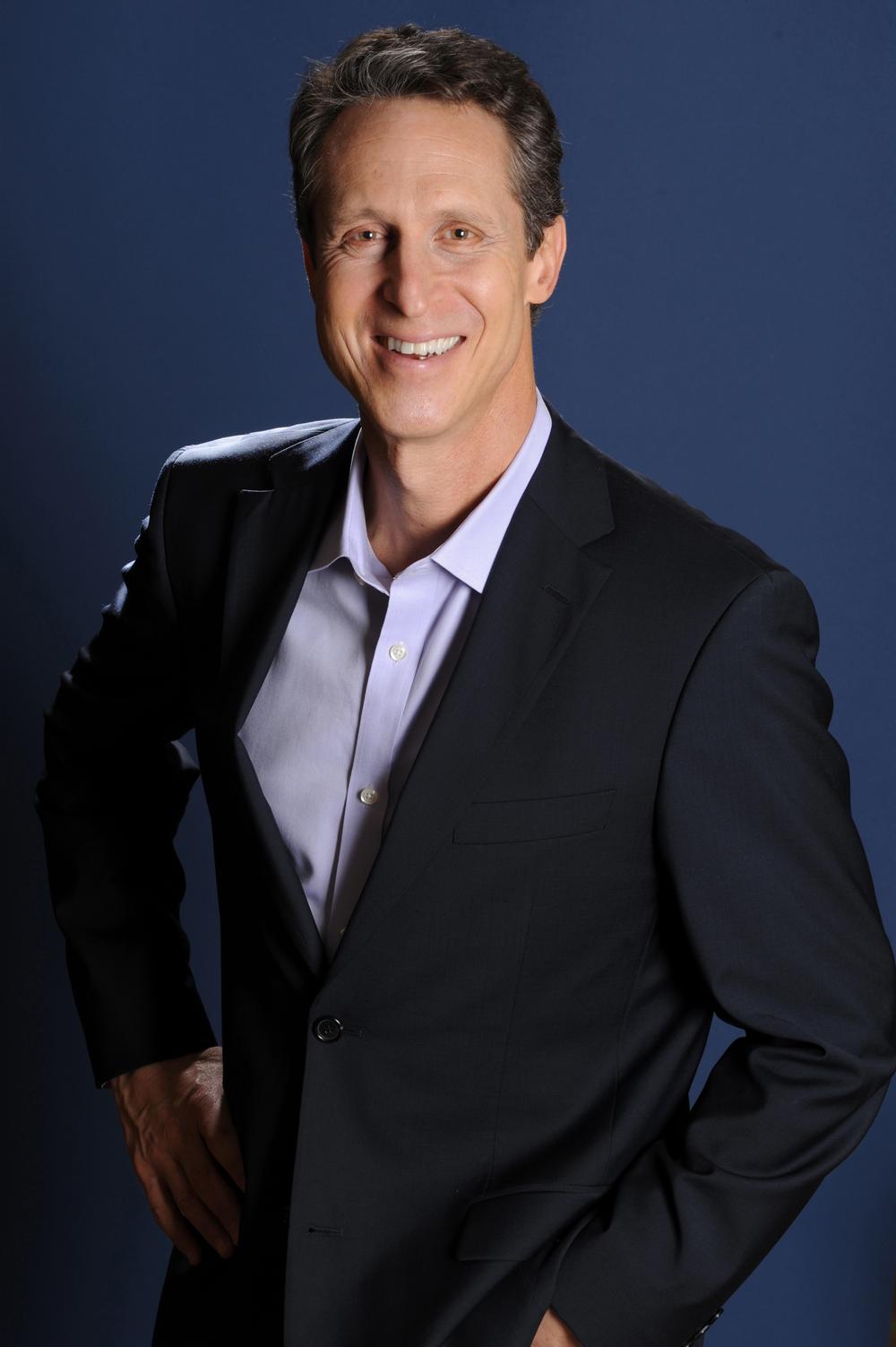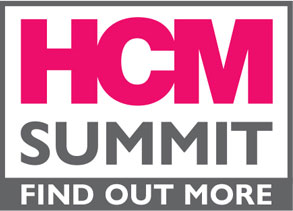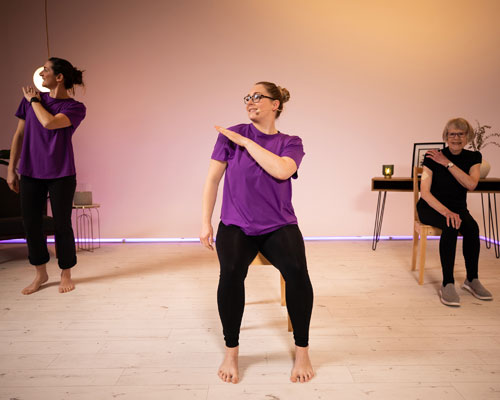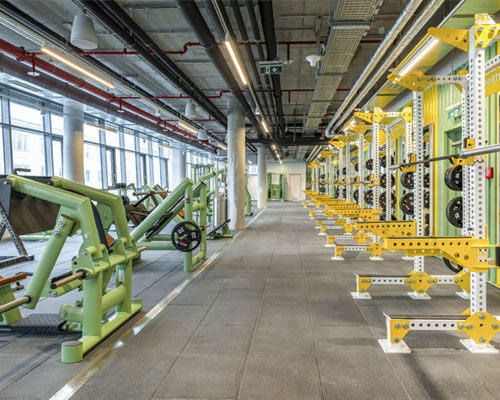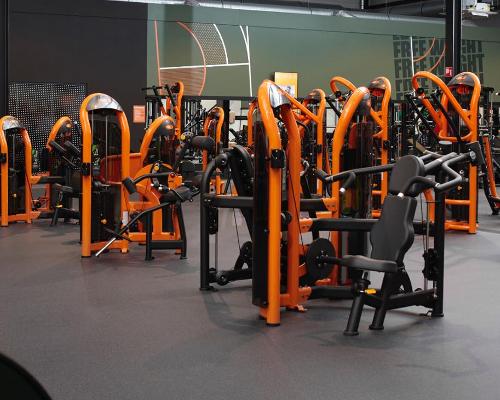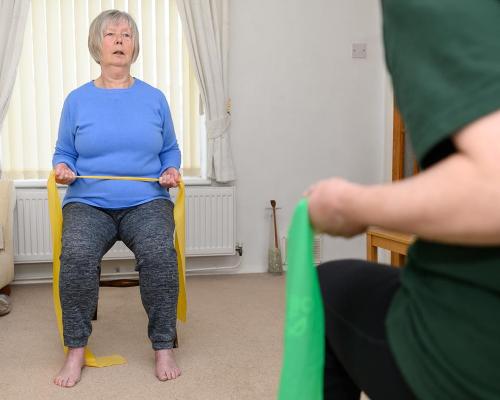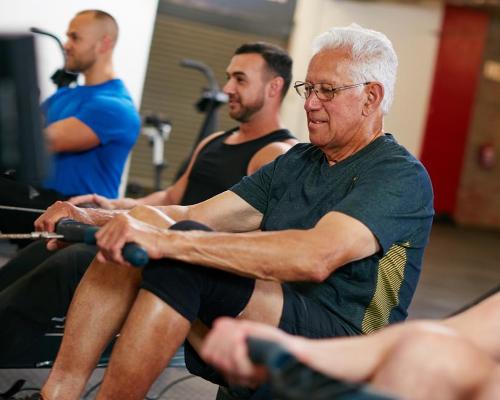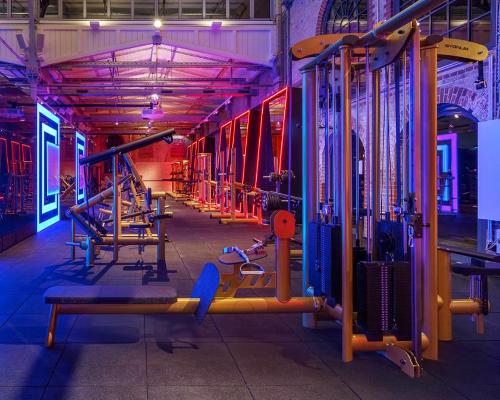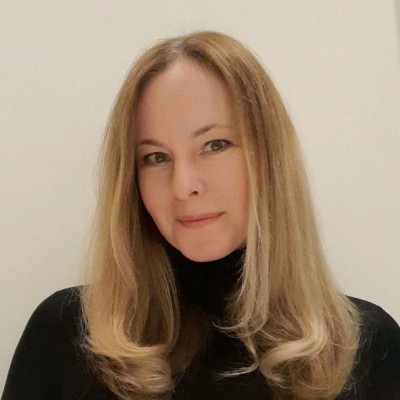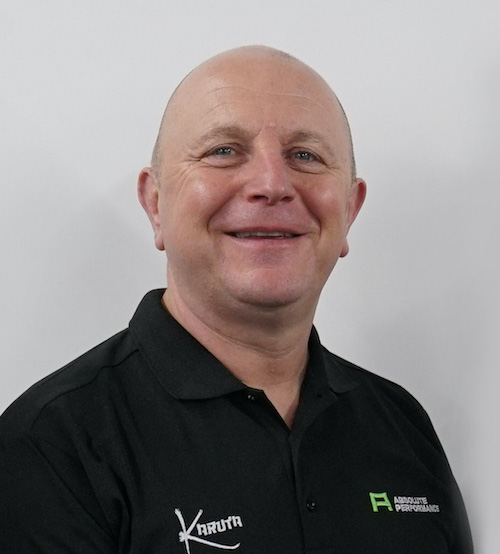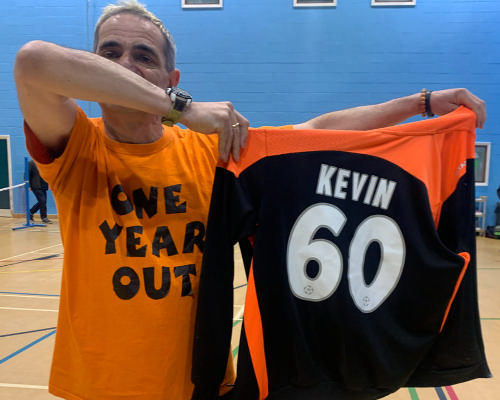features
Dr Mark Hyman
Kate Cracknell found Hyman passionate about the chance for everyone to achieve optimum health
It’s much easier in hindsight to see how you’ve arrived at your current point than it is to have a grand design at the beginning,” says Dr Mark Hyman, variously the founder and medical director of The UltraWellness Center in Massachusetts, US, chair of the Institute for Functional Medicine, family physician, medical editor at the Huffington Post, five-time New York Times bestselling author, advisor to Memhet Oz’s HealthCorps… The list goes on.
At the heart of everything, however, lies Hyman’s fundamental belief that healthcare is currently going in the wrong direction. “There are a lot of different things I’m doing to try to move the conversation in a different way – at a policy level, in the area of consumer education, in professional education, through my medical practice,” he agrees.
So with the benefit of hindsight, how would he describe the progression of his career? “In college I majored in Buddhism, which is really a science of understanding how the mind works and how we interact with our experience. I began to understand that a lot of traditional healing modalities were essentially driven out of ancient traditions like Buddhism – I was very interested in its healing aspect.
“I then became a yoga teacher before realising that I wanted to go to medical school. I went without a sense that it was the answer – in fact, I knew it didn’t really hold all the pieces – but I wanted to get the basic training and go from there. However, I was basically brainwashed and had to get de-programmed afterwards.
“Part of that de-programming came through my own illness: I got chronic fatigue when I was about 30 or 35 years old and it incapacitated me. I went from being a high functioning over-achiever to barely being able to get out of bed in the morning. I had to discover a new way of thinking about disease, because what I learned in medical school didn’t provide any of the answers.
“What I discovered was a system-based model to dealing with the root of illness, in which the body is viewed as an ecosystem, a network. Everything is connected and interconnected and functioning – a live, dynamic organism.”
Hyman credits this approach – known as functional medicine and spearheaded by Dr Jeffrey Bland over the last 30 years – with his own recovery. “I then began to apply it to my patients and it was very powerful,” he adds. “I began to understand that medicine wasn’t really about disease – it was about the science of creating health.”
Creating health
The fitness industry has been talking about creating health – preventative healthcare to avoid chronic lifestyle-related diseases – for some time now. How does functional medicine tie in with this?
“People tend to think that lifestyle can be used for prevention, but that when you get ill you need to go and see a doctor to get something stronger. However, while it’s true that functional medicine can be used to prevent illness, really it’s about far more than prevention. By creating health and getting to the root causes of the problems, you often deal with disease as a side-effect.
“Indeed, we’ve found that lifestyle and nutrition – the functional approach generally – is more effective than medication for most illnesses. We need to leave broken bones and acute disease to the hospitals, but for lifestyle disease, functional medicine has been shown to work faster, better and cheaper, and it’s profoundly more dramatic in its outcomes than anything you’ll ever get with medication.”
He continues: “Functional medicine is about understanding where the imbalances are in the body and how to get rid of them by creating balance. It allows us to transform our health by dealing with the root causes of illness, whether that’s lifestyle, diet, environmental toxins, stress… All these things affect our genes and create imbalances in our biological systems – our immune system, our hormone communication system, our detoxification system and so on – and this, in turn, drives most chronic illness. Put simply, functional medicine is about taking out the bad stuff and putting in the good stuff to create a healthy ecosystem.
“The good stuff starts with eating simple, fresh, whole, good quality food: fruit, vegetables, beans, animal proteins, whole grains. Food isn’t just calories – it’s information to upgrade your biology. You can’t medicate your way out of a bad diet.
“So yes, you need the right nutrients –vitamins, minerals – and you also need a balance of hormones. And then you need all the other things like light, air, water, sleep, movement – so exercise. You also need meaning and purpose. All these are the real ingredients for health.
“Cardiovascular and heart disease, obesity, diabetes, stroke prevention, dementia, all your allergic and autoimmune diseases, headaches, neurological problems, hormonal disorders – all of these are extremely amenable to the functional medicine approach.
“For example, I talked to a guy this morning who’s suffered for 30 years with migraines, terrible digestive symptoms, fatigue, sleep disruption. He’s a world leader who was barely able to stay functioning, but within three weeks of changing his diet, fixing his digestive tract, getting it back in balance with nutritional support, he’s absolutely symptom-free.”
Quantitative data
One-off anecdotal examples are all very well, but how about a widescale test? “One of the most interesting projects I’ve ever been involved in was at Saddleback Church in southern California,” says Hyman. Indeed, this is an initiative about which he spoke in depth at TEDMED, the medical thought leader convention: “I had for a long time been so focused on biology, on system-based medicine, that I hadn’t really acknowledged one key fact: that actually lifestyle disease is often not a problem of biology but a problem of your social network. You’re more likely to be obese if a friend of a friend of a friend is obese than if your parents are.
“I started to think that, if social networks could promote unhealthy lifestyles, perhaps they could also be used to promote healthy lifestyles – the idea that peer support could be used to control lifestyle disease.
“At this point, I was approached by the pastor of Saddleback Church, Rick Warren, who had realised there was a health issue among his congregation – a congregation that numbered 30,000 people split across 5,000 small groups, 5,000 mini-churches.Together we put together a healthy living curriculum, The Daniel Plan, and set about testing whether community support could be more effective than conventional medicine in reversing and treating disease and in creating health.
“In the first week, 15,000 people signed up to the free programme, and over the space of last year they lost a combined 250,000lbs in bodyweight. Participants fed back that they were using less medication, spending less time in hospital, coming off their diabetes meds. Disease went away as a side-effect of creating health.
“As part of the programme, over 1,000 people stepped forward to become health champions, helping others to change their diets and lead a healthier lifestyle. And those who did the plan together lost twice as much weight as those who did it alone. We used biology and system-based medicine in the design of the programme itself, but we got behaviour to change by using the community – the power of positive peer pressure and social networks.”
He continues: “When confronted with the issue of what I call ‘diabesity’ – the global epidemic of diabetes, obesity and lifestyle disease, which is set to cost US$47trn over 40 years and kill 50 million people a year by the end of the decade – people are overwhelmed. But actually it’s a simple problem with a simple solution. A community isn’t just a vehicle through which to educate people – community is actually the cure. It’s part of medicine.
“We need to teach people how to self-care and care for each other. It’s about democratising and decentralising healthcare, whereby your community rather than your local doctors’ surgery becomes the best place to make yourself healthy.
“I believe there are millions of health champions out there waiting to be asked to help people take back their health. Our aim is to scale up the Daniel Plan to reach a billion, cutting health costs in the process.”
Although much of the power lies in the hands of the individual, and groups of individuals acting as a community, Hyman acknowledges there are issues that have to be addressed at a higher social level.
In one of his websites – the fascinating Take Back Our Health (www.takebackourhealth.org) – Hyman looks at the challenges to health that come from the fabric of society, from governmental policy and health insurance systems to urban design and the food supply chain.
“In terms of food supply, for example, the US government recommends Americans eat five servings of fruit and vegetables a day – yet only 3 per cent of our agricultural lands are devoted to growing fruit and veg. If everybody in America were to follow those guidelines, there wouldn’t be enough fruit and veg to go around.
Lobbying challenges
“Then there are other challenges, such as the Supreme Court decision that allows corporations to be viewed as individuals, allowing for unrestricted funding of political candidates. That’s taken a situation that was already bad in terms of lobbyists and vested interests and made it worse – made it disastrous. It’s taken away the capacity of government to do anything.
“Ultimately change needs to be brought in across the board, with comprehensive national targets on multiple levels. We need to change policies and subsidies. We have to encourage food companies to change the conversation and increase access to healthy food. We need to review the rules on food marketing to children, as well as limiting access to harmful foods in schools and across society as a whole – processed food, for example. We have to educate consumers, to train more doctors to deliver functional medicine.
“We’re also lobbying for insurance companies to reimburse alternative medicine, because we need to pay for results, for what works. We need to pay for lifestyle treatment of chronic disease, and right now we’re not doing that.”
A new gym model
“Ultimately we need to get away from the one-to-one approach to healthcare that we see in doctors’ surgeries, and instead reach people in their tens of millions, in environments where they live, work, play and pray. That includes churches, health clubs and so on. Those will be the healthcare centres of the future, and we need to encourage them to be more proactive – to help them reinvent themselves to deliver community-based health leadership.
“Health clubs helping to change the conversation by focusing not just on fitness but also on nutrition,” says Hyman. “My vision would be for fitness centres to act as community centres, with fitness instructors becoming more like health advocates, engaging members in group education.
“If I were a health club operator, I’d build on the community customer base I already have, getting people engaged in small groups for fitness and nutritional lifestyle programming, as well as education. I’d look at introducing things like my 12-week lifestyle course. Any life skills that members need could also be offered – cooking classes and so on. Anything to encourage people towards a healthy lifestyle.
“It’s a logical extension for health clubs, but I don’t think the opportunity has been fully leveraged. These are the sorts of things that can turn gyms into community centres, making them the new hospitals in a sense – places where disease is addressed directly and aggressively.
“I’ve had a number of conversations with doctors who simply don’t know what to do about lifestyle disease. Their approach doesn’t work and they don’t have anywhere to refer patients. They want a system that offers credible lifestyle education, so we have a huge opportunity.
Hyman concludes: “I see lifestyle disease as needless suffering, but it’s a solvable problem and we know the solution. That’s what drives me. I’d like to see everyone working together to claim back our health.”
From Health Club Management August 2012, p32
